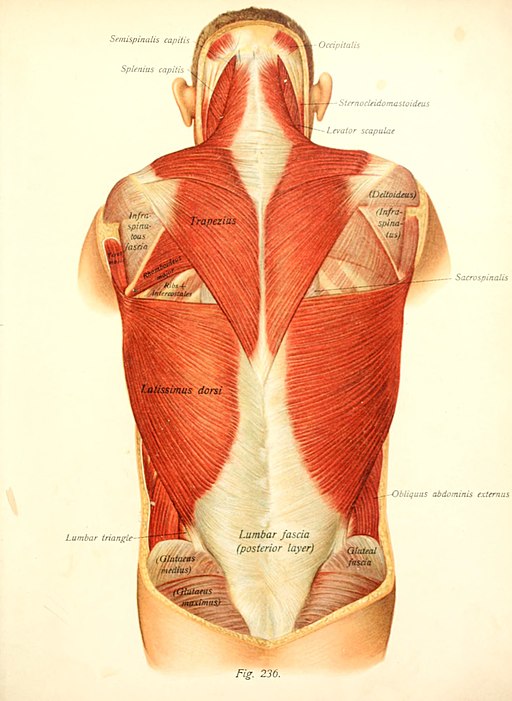ARTchivist's Notebook: Metadata is connection

2025 so far is not off to the most promising start. In addition to the wildfires that have devastated the Los Angeles region, the anxiety and fear that accompany inaugurating a further slide into authoritarianism in United States, and the continuing genocidal war in Palestine, I have been struggling with a neck and shoulder injury that has caused chronic pain since early December. While this may seem like a small matter in light of world events, I have been surprised by how debilitating it is, interfering with my ability to contribute to the causes, projects, and efforts I care about.
One thing that has helped is myofascial release treatment. This massage-based form of physical therapy is premised on releasing tension in the fascia in our bodies, a network of connective tissue that encases and runs through all of our muscles and organs. In other words, every part of our body is connected to every other part, and when one area gets hung up or too tightly held, we have pain.
These relationships made me think of — what else? — metadata, which is kind of the connective tissue of library and archives systems and the internet. Not only is metadata still the primary way we are able to find and access important information, it represents a web of context and connectivity that reflects how we conceptualize and move through the world. And like fascia, it sometimes gets stuck, impeding movement and causing erasure and harm to those who aren’t embraced in that web.
Ok, it’s maybe not a perfect metaphor, but what if we were to think of metadata, not as a conglomeration of individual data points, but as a system in which all the parts are related and dependent on the function and flow of the other parts in order to have meaning and be useful? Or at least to not have pain? What if we saw metadata creation and management as a collective responsibility to each massage our little corner of the network and make it as fluid and responsive for as many folks as possible? I’m not saying metadata will solve the ills of the world, only that we lose something when we forget it is a form of connection — something I know I will need a lot more of in the years to come.
Please connect, if you can…
This grassroots organization collaborated with art gallery The Hole to create a donation center at the gallery. (Best use of a gallery space since Suzanne Lacy and Andrea Bowers took over a gallery at UC Riverside for Donations Do Our Work in 2009!) Their site also includes links to other organizations you can support with donations. Every little bit helps!
Arab Image Foundation Newsletter: An Assault on the Human Imagination
My friends at the Arab Image Foundation in Beirut have issued a call for support via their newsletter. Their communities have been ravaged by the genocidal war in Gaza and Lebanon and are in dire need of direct relief. Please donate if you are able, to support AIF’s work preserving the photographic history of the region, or to one of the relief organizations they support.
On February 11, 2025 from 12pm - 1pm EST, please join me and colleagues from UC Irvine and the California Digital Library as we share our research-based guide to collaboration between community-based archives and larger institutions, as well as an overview of the ups and downs of collaboration between institutional, community, and individual partners on a grant-funded research project.
Penn State colleague Binky Lush and I have published an article in Art Documentation about our experience improving and expanding the Judy Chicago Research Portal. If you don’t have access through the link above, let me know and I will send you a copy.